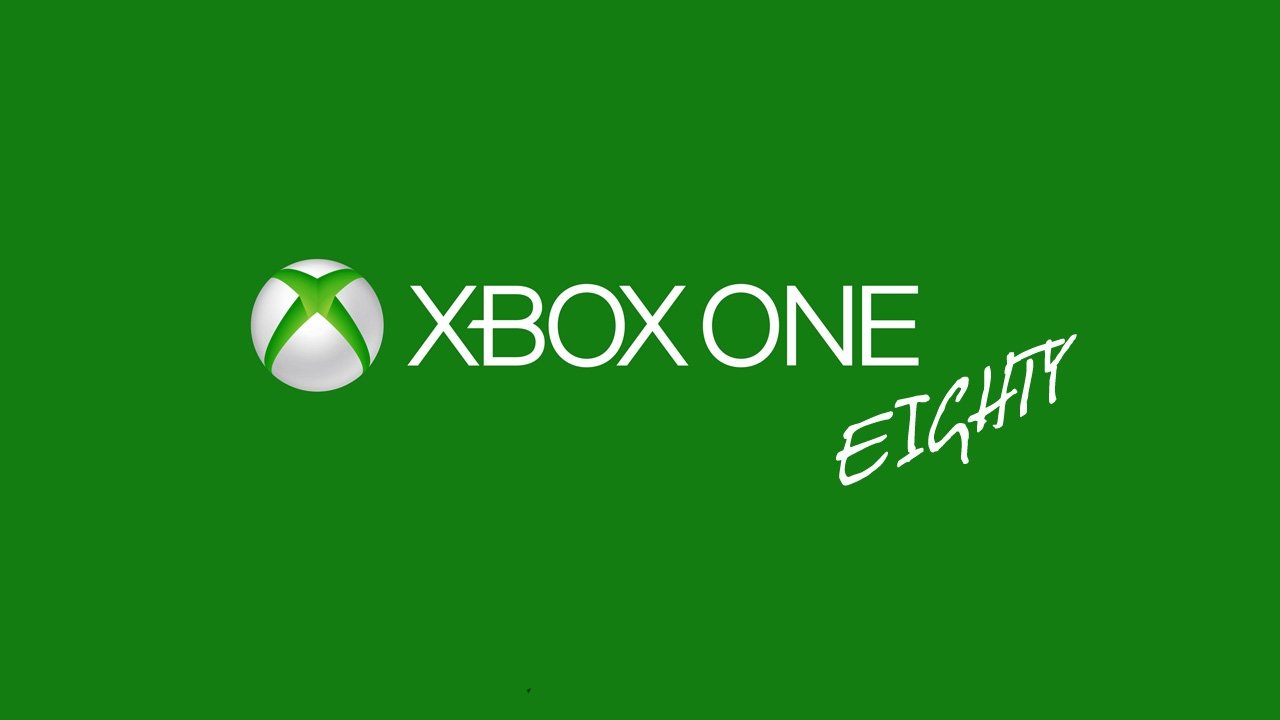Sometimes The People Do Have A Voice After All.
In a move that is both shocking in its scope, and baffling in its abruptness, Microsoft, after having spent the last month trying to educate the consumer about its new, strict, Digital Rights Management policies, has completely struck down nearly all of them. The official Xbox One website now reads:
-
An internet connection will not be required to play offline Xbox One games – After a one-time system set-up with a new Xbox One, you can play any disc based game without ever connecting online again. There is no 24 hour connection requirement and you can take your Xbox One anywhere you want and play your games, just like on Xbox 360.
-
Trade-in, lend, resell, gift, and rent disc based games just like you do today – There will be no limitations to using and sharing games, it will work just as it does today on Xbox 360.
This is an unprecedented move on the part of any videogame company, especially in light of the fact that Major Nelson, the Microsoft Voice Of PR, said only just two days ago that Microsoft would not be changing its policies in reaction to Sony’s policies. Now, they have copied point for point Sony’s own agenda.
 This is definitely a win/lose situation. On the one hand, gamers—particularly Xbox fans—have a big, BIG win here. It seems even Microsoft wasn’t immune to the very public backlash they received at the hands of the gamers. Even polls like Amazon’s gauge on pre-orders for the competing systems showed a figure so lopsided—over 80% in favor of the PS4—that the week-long survey was cut short by several days, likely because any continuation with such skewed results was pointless. There is also the fact that by revoking the authentication requirements, Microsoft just made it possible for nearly 1/3 of the their present Xbox 360 fans to transition over to an Xbox One, as their own figures showed that over 30% of their users did not play online. It’s pretty clear that for once, the people have spoken, whether it was the very public internet outcry, or the show of early “voting” with wallets that people weren’t accepting Microsoft’s attempt to take the control of games away from the player.
This is definitely a win/lose situation. On the one hand, gamers—particularly Xbox fans—have a big, BIG win here. It seems even Microsoft wasn’t immune to the very public backlash they received at the hands of the gamers. Even polls like Amazon’s gauge on pre-orders for the competing systems showed a figure so lopsided—over 80% in favor of the PS4—that the week-long survey was cut short by several days, likely because any continuation with such skewed results was pointless. There is also the fact that by revoking the authentication requirements, Microsoft just made it possible for nearly 1/3 of the their present Xbox 360 fans to transition over to an Xbox One, as their own figures showed that over 30% of their users did not play online. It’s pretty clear that for once, the people have spoken, whether it was the very public internet outcry, or the show of early “voting” with wallets that people weren’t accepting Microsoft’s attempt to take the control of games away from the player.
The “lose” in this scenario belongs to Microsoft.
The DRM policy is one that they had obviously been planning for a long time. It was something that had the consent of publishers like EA, Activision and Ubisoft. It was possible that in exchange for these very favourable terms of putting game sales/use in the hands of publishers, Microsoft was going to benefit from a lot of preferential treatment. All of that is now likely null and void, and Microsoft’s own image has been tarnished. They hurt their reputation by attempting to institute draconian DRM policies and they now look more cornered and desperate as a company since every change they made has been in direct response to Sony.
Clearly, there is a massive loss of face going on in the company right now. Whichever faction of Microsoft was adamant about instituting DRM has been slapped down—either by management itself, or angry investors—and the company is scrambling to try and get back much of the good will and brand loyalty it has been losing steadily since May. We’ll never know exactly who pushed this mandate and who is now falling down the corporate ladder as a result of this sudden, panicked reversal of policy. But there’s little doubt that in order to make a change that more or less amounts to taking the exact opposite stance from before, heads had to roll.
Up until E3, someone at Microsoft was convinced the consumers were ready for this. After E3, Microsoft became very, very frightened and the consumers are now seeing the results of that.




